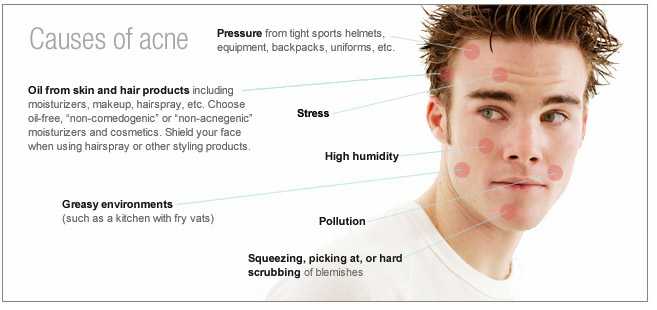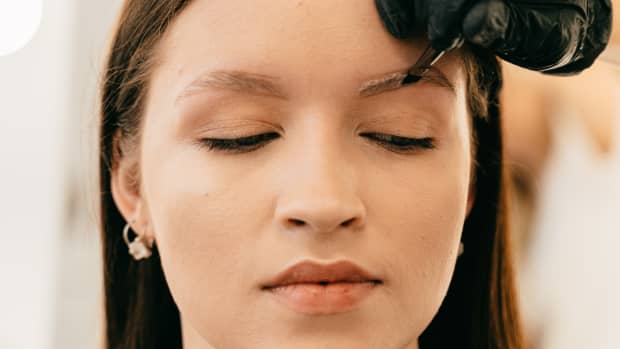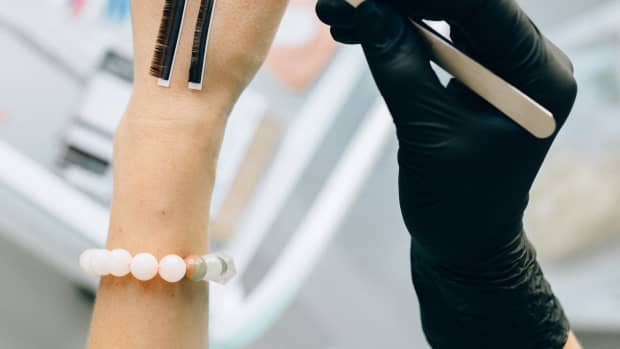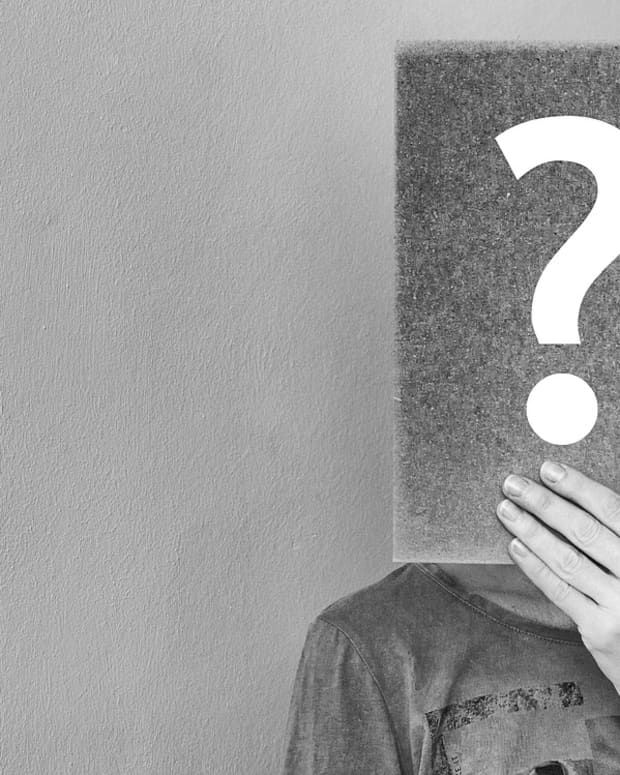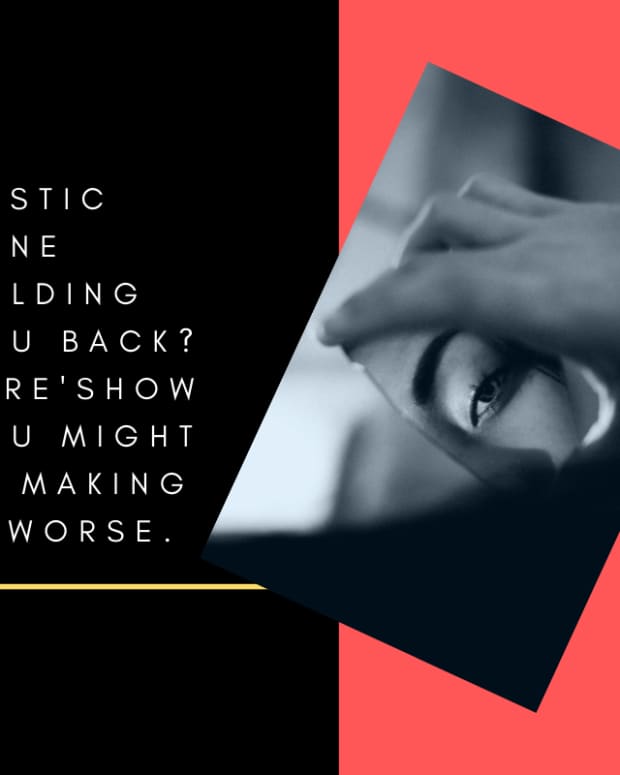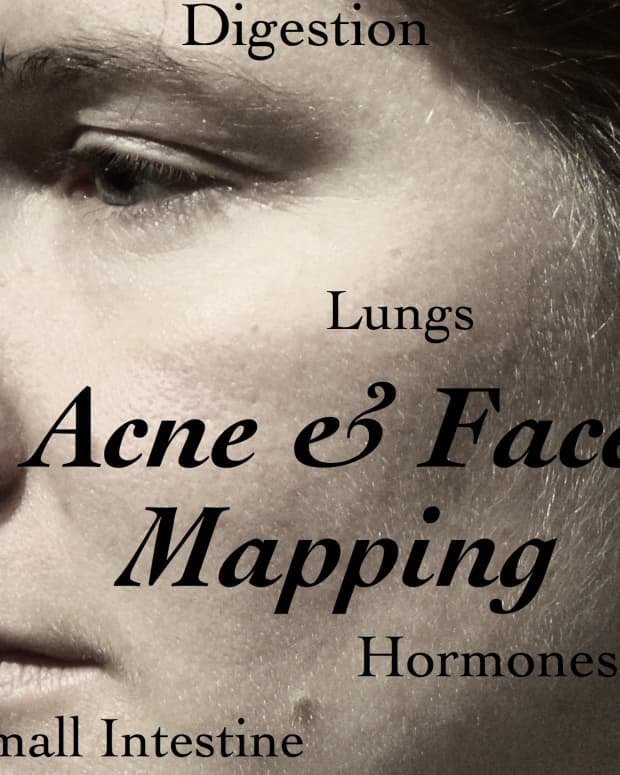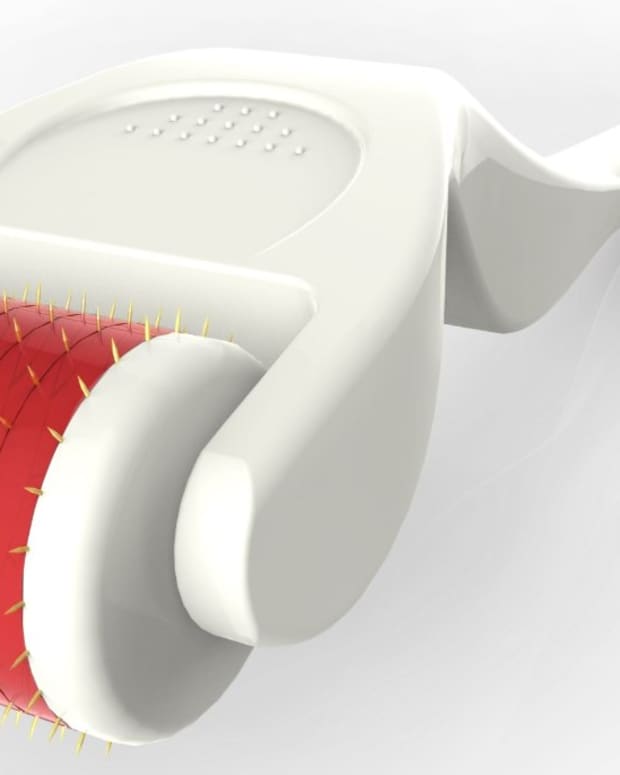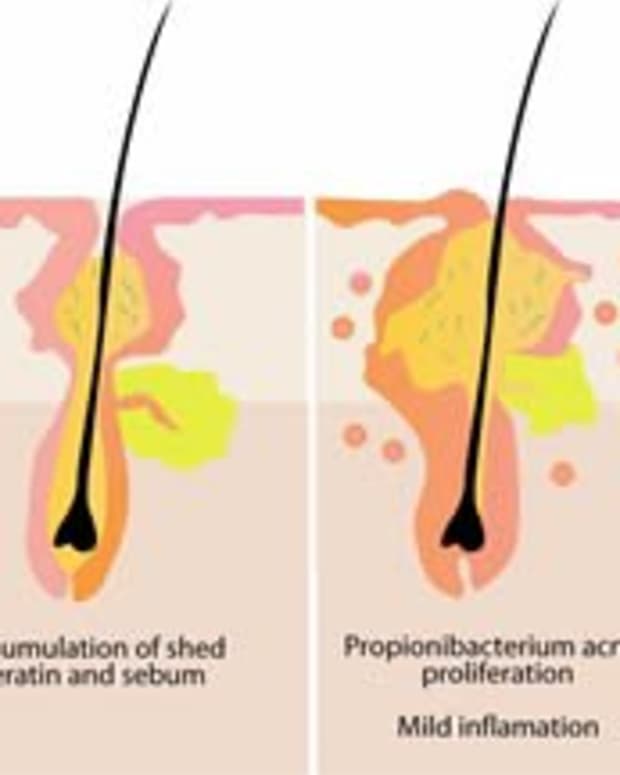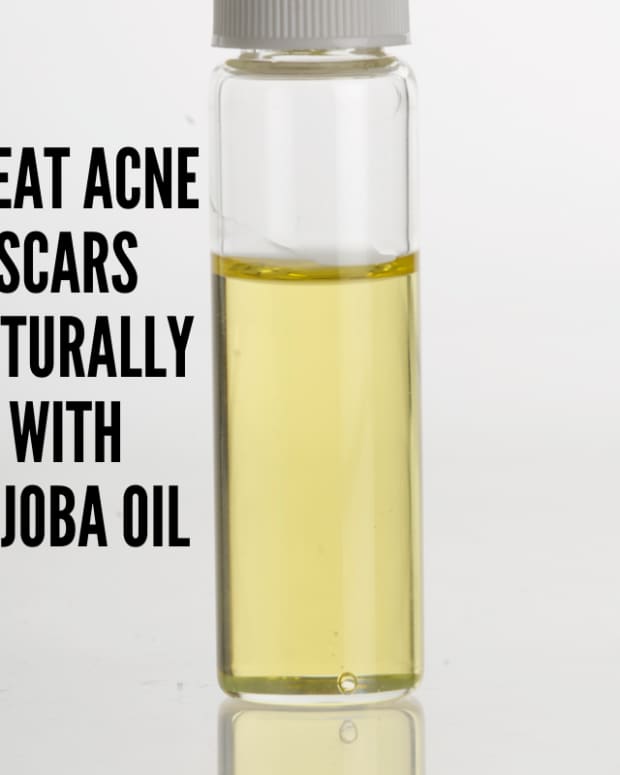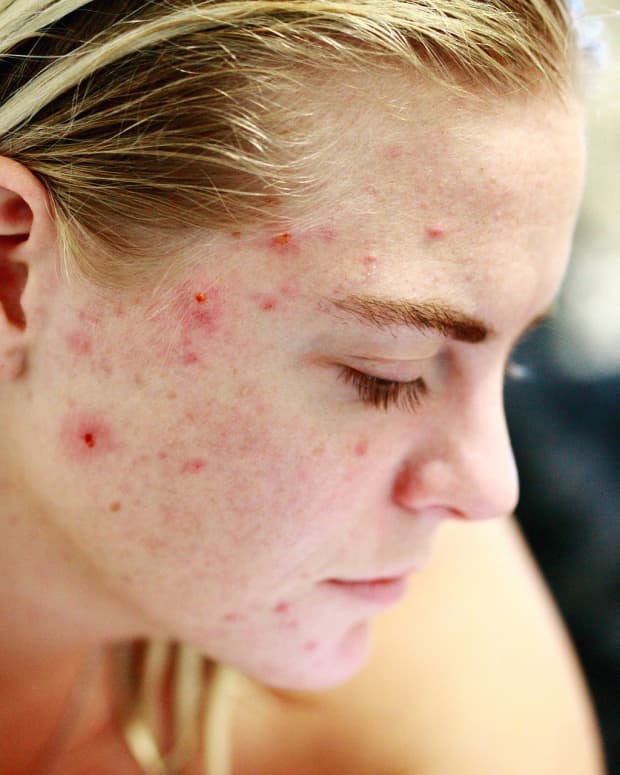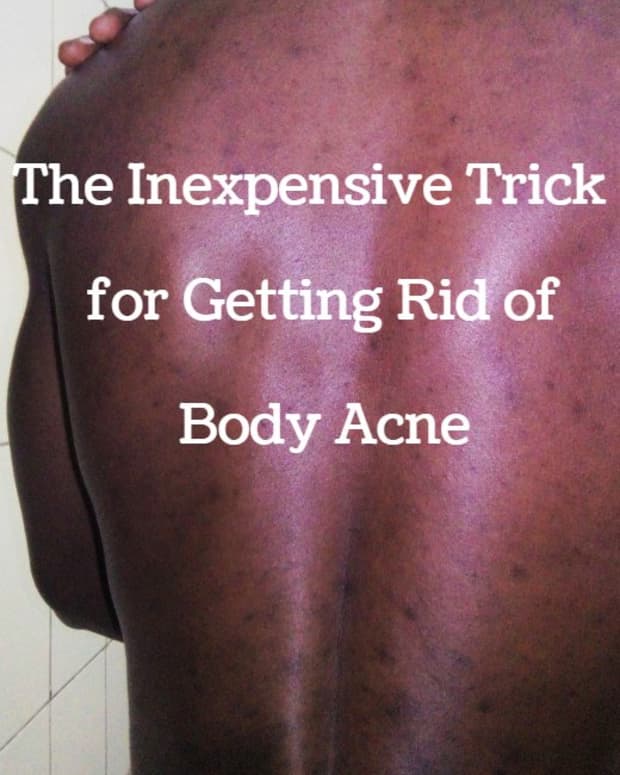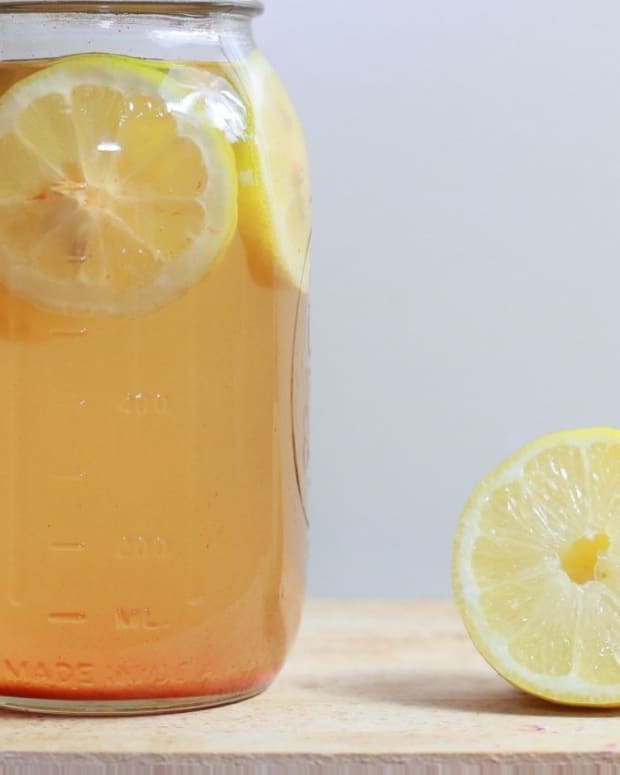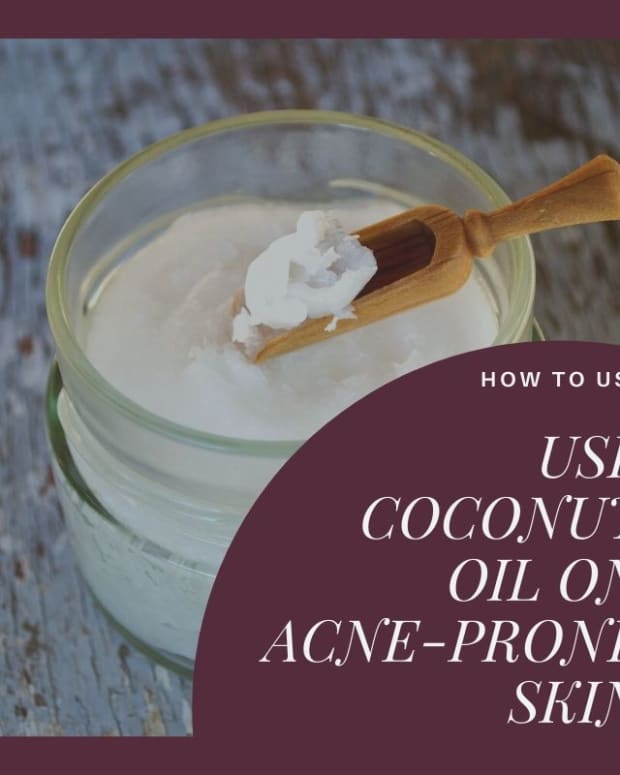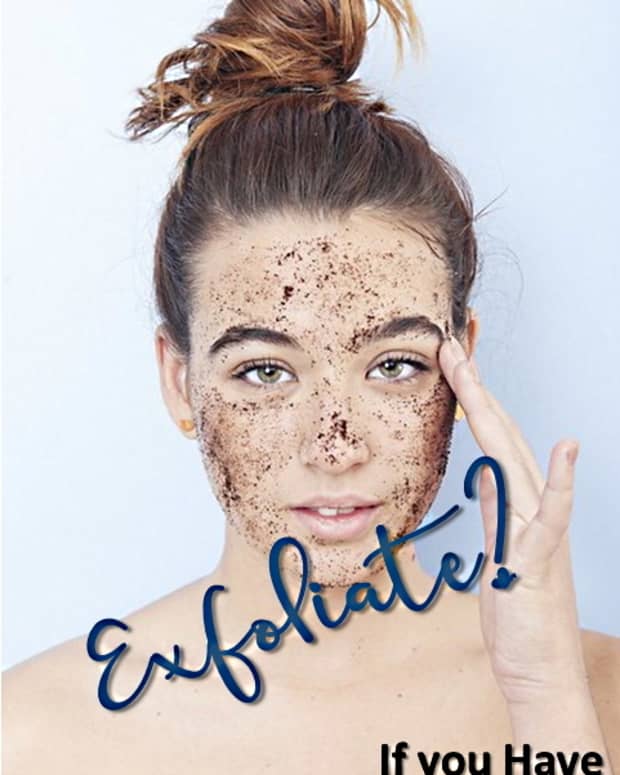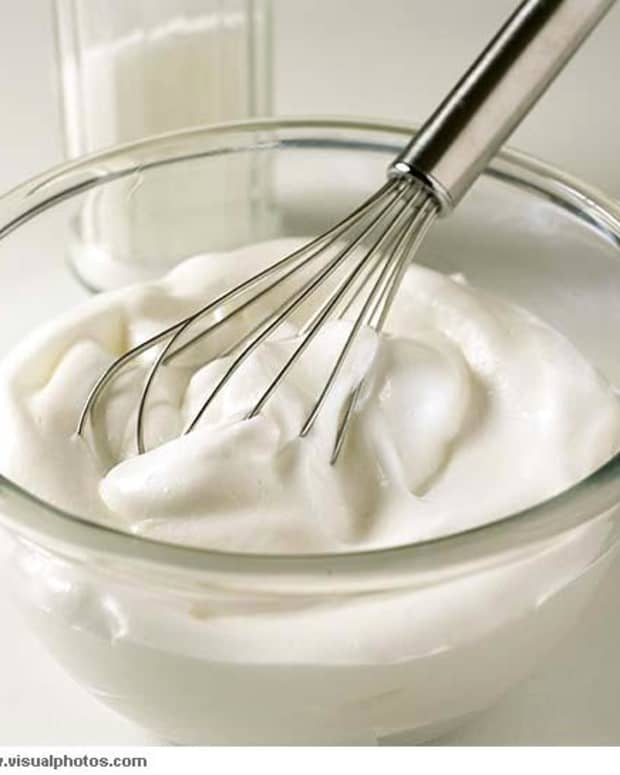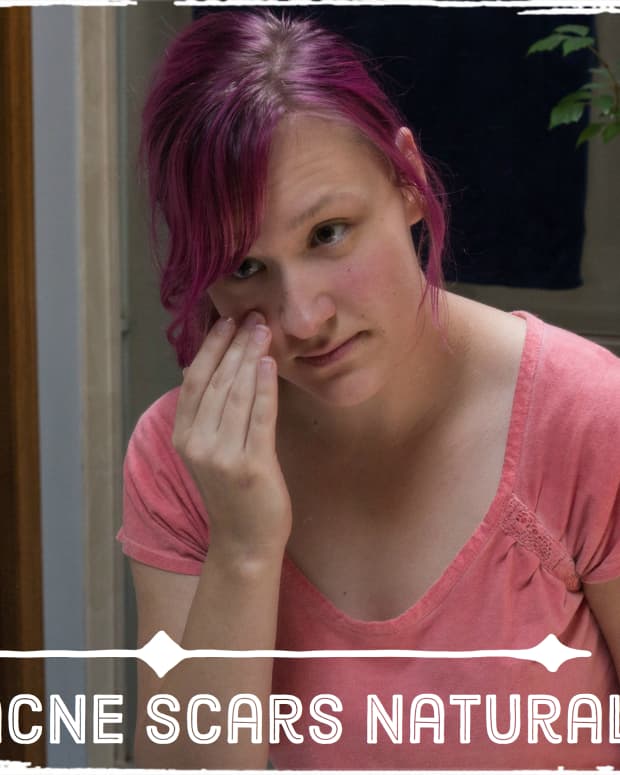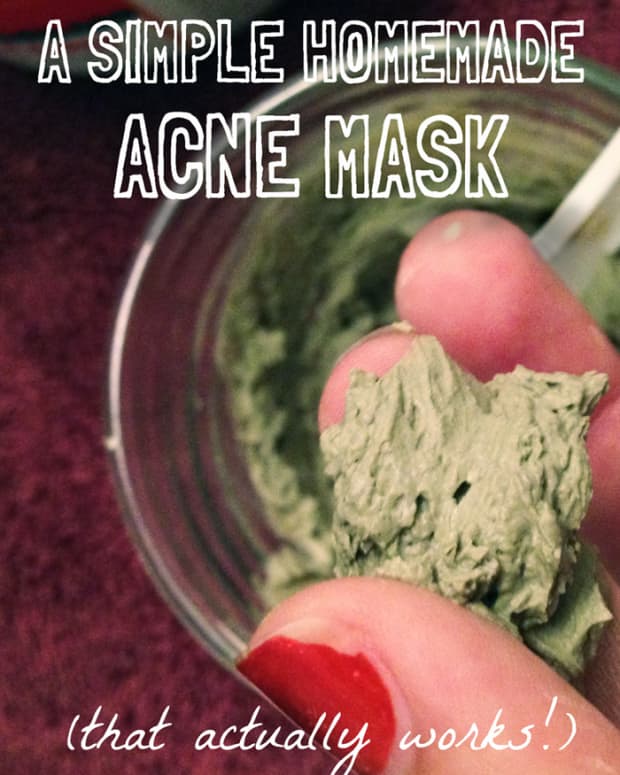Things You Probably Didn’t Know About Acne
I am an aspiring cosmetologist, and I specialize in skincare treatment.
I mean it: the amount of information on acne and similar skin problems is hard to imagine and impossible to read. Unsurprisingly, many of us get overwhelmed by all these tips and tricks on how to keep the skin nice and clean. What is true, and what is false? What should we know about acne? Is It possible to prevent and get rid of it once and for all? Let’s try to have a look at some misconceptions as well as little-known but true facts about one of the most frustrating skin problems.
Pimples, Acne, Blackheads… Who cares?
The term “acne” became widespread only some time ago, but it has already entered every adolescent’s vocabulary (read below about this teenage-only misconception). Everything that used to be called a pimple is now called acne. The thing is that both names are wrong. Let’s sort it out once and for all.
If you are having an everyday chat with your friend, it’s perfectly fine to call every red spot on the skin a pimple—after all, it is not an academic workshop. However, if you are determined to treat your skin problem in a proper way, you should have at least a rough idea as to what is what.
- Blackheads, or comedones, come as a result of clogged hair follicles. The dead skin, oil, and dirt cause inflammation, which makes the follicle look uncared for.
- If a comedo is closed by the skin, it can turn into a whitehead where pus can develop into an unpleasant-looking blotch.
- Pimples, per se, are clogged pores with excessive oil trapped inside them. They are caused by dead skin cells that haven’t been removed from the skin surface and got “buried” under other layers.
Okay, what is acne, then? Acne is a disease that can be—or not—a reason behind all these problems. While a single whitehead or even a pretty big group of blackheads can come and go, acne is not as easy to deal with. Unfortunately, scientists are still not certain as to what exactly lies behind acne, but it seems that most cases are victims of a genetic predisposition that is impossible to change. So yes, the genes are the reason why you have suffered from acne for years while your friend indulged herself with fast food and has never had a single pimple on her forehead. Life is unfair
What Is to Blame?
If you are still in your teens, you can always hope that acne will go away as soon as you reach your twenties. However—I hate to spoil this moment, but I have to—quite a few people all over the world experience acne long after they become of age. Sad but true.
Now let’s try to define the causes. As I said, genetic predisposition is believed to be the most common reason for acne, and if you know that your parents or more remote relatives had or have to deal with this problem, you can blame it all on the genes. It won’t help to get rid of acne, but you will have a chance to cool down a little.
If you don’t think you have inherited acne from your ancestors, here are some other possible causes:
- Hormones. You must have heard (and I have already mentioned this misconception several times) that hormonal activity typical for many teens is a sure cause of acne. Still, millions of women over twenty experience acne comebacks every month before or during their pre-menstrual period. Pregnancy can be a troublesome period, too. Men are no luckier: too much testosterone, and other androgen hormones can also lead to acne.
- Infections. While touching your face with dirty hands is not a good idea, not all bacteria are to blame. According to scientific research, there is one species of anaerobic bacteria which seems to have something to do with acne. (If you are curious, its name is Propionibacterium acnes.) We still don’t know exactly why some people’s skin can’t defend itself against this subtle enemy, while others have no problems with it. However, you should bear this possible explanation in mind.
- Parasites. Parasitic mites like Demodex are also a possible reason for acne. However, some scientists do not agree that the inflammation and spots caused by Demodex mites can be called acne. If the disorder takes a severe form, it is called demodicosis and requires urgent medical help. Unfortunately, it is not easy to diagnose a case by yourself: be prepared to have some tests.
- Psychological issues. Probably the most debatable cause, psychology is such a subtle matter that no one should be surprised if it turns out that acne is also caused by your issues. As usual, stress is supposed to be one of the most likely reasons for skin problems. Still, as with parasites, it is not clear if we can call post-stress skin problems acne—these problems are likely to go away when you are done with your anger and frustration, while typical acne is a long-term disease. Anyway, if you suspect that your mood and pimples have some correlation, make sure you receive enough positive emotions.
Read More From Bellatory
What Is Not to Blame?
If your healthy diet and total abstinence from alcohol and smoking haven’t made things any better, your blackheads appear to be caused by acne. Sounds like you’re doomed? No way!
Well, yes, it is not encouraging to face the truth, but at least you are equipped with this knowledge. However, I don’t recommend going to the nearest fast-food restaurant to drown your sorrow in the salsa sauce and soda pop. As I mentioned in my article on the most popular skincare myths, fatty foods cause excessive greasiness, which is definitely no help in the case of acne. Instead, try to make sure that you know what lies at the heart of your skin condition and that nothing can worsen the situation.
So, in brief, these things are not likely to cause acne (they can only worsen the condition if you are predisposed):
- Diet. I have already mentioned it, so I won’t dwell upon this matter. Just bear in mind that you don’t have to blame yourself for every high-calorie snack you have eaten.
- Makeup. People believe that using cosmetic products causes acne. This misconception seems to originate from the wrong cause-effect perception: girls begin to apply makeup in their early teens, which is exactly the moment when acne is likely to appear. It doesn’t mean, though, that one thing leads to the other: it is just an unhappy coincidence. However, makeup can worsen acne, as some of the ingredients are comedogenic, i.e., can make your pores clogged. Always check the label, and everything will be okay.
- Bad habits. Being an alcohol or tobacco addict is definitely not a straightway to clean the skin, but the problems caused by bad habits are different from acne. Dryness, wrinkles, yellowish complexion – do you really want any of these, even though acne is not on the list?
- Sex / sex deprivation. The funny thing is that these possible causes are complete opposites of each other, so you can hardly find the right answer. While some people claim that sex makes your hormone level unstable, which inevitably leads to acne, others believe that it is a lack of sex which should be blamed for skin problems. I should say that both camps have no scientific evidence to prove their point, so you can leave your sex life as it is or change it—it is unlikely to reflect on your skin condition.
What Should We Do?
The first and most important thing is to stop worrying and checking your reflection in the mirror every two minutes. Even if stress has nothing to do with acne, it can make your life dull and unsatisfying. Don’t waste your time on bad thoughts; stay positive!
I also recommend making an appointment so that a skincare expert could determine the exact causes of acne. If you treat hormone imbalance with antibiotics, it won’t be much help, don’t you think?
Finally, don’t expect results to come soon and stay forever. Acne is a very cunning thing, so you can never be sure whether it is gone once and for all. Still, even if it comes back one day, you will be ready to face it.
This content is accurate and true to the best of the author’s knowledge and is not meant to substitute for formal and individualized advice from a qualified professional.
© 2016 BeautyKat
Comments
Mia Ray on May 07, 2016:
Are those pemples!!?!


